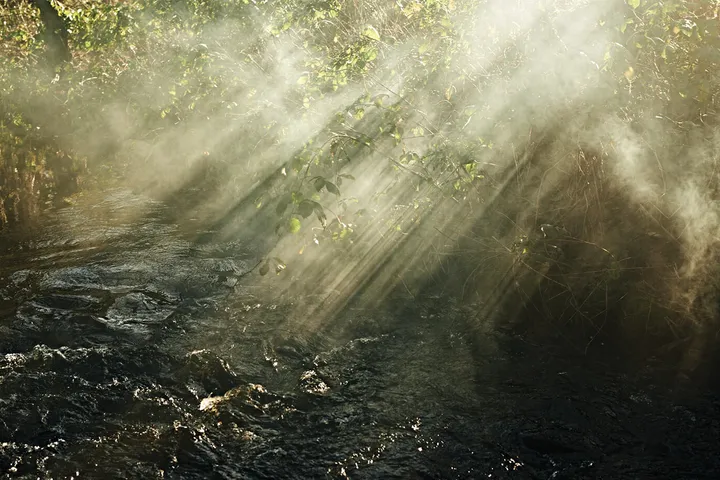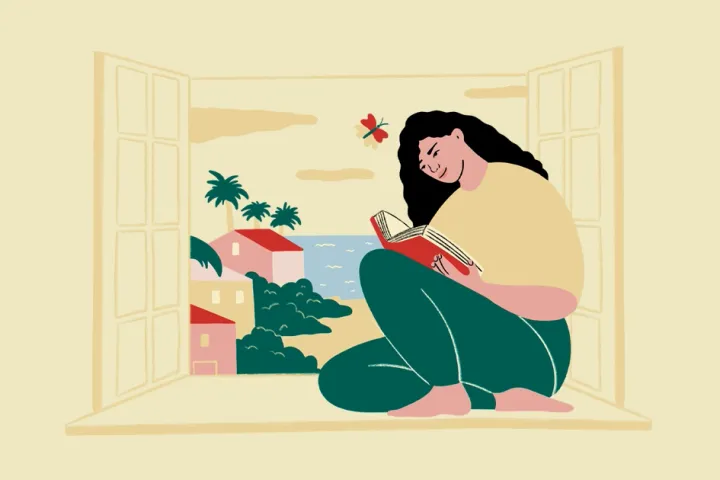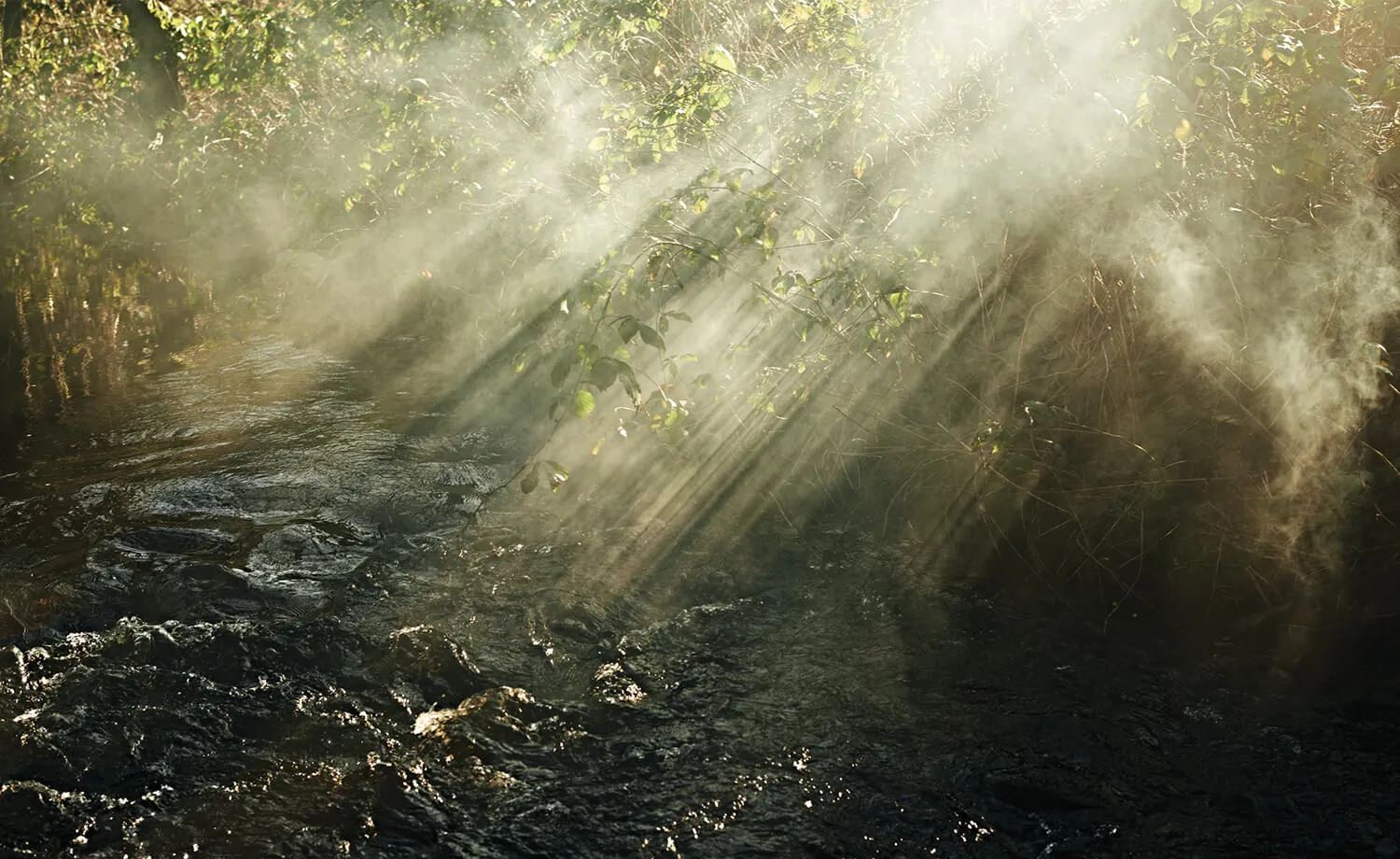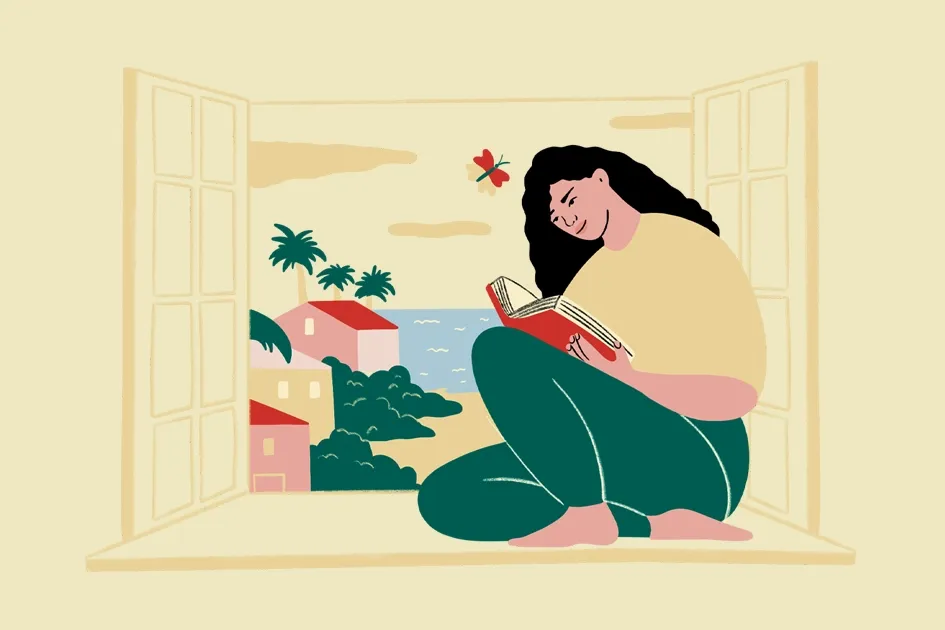Every Sunday in churches scattered all over this gently tilted planet, believers pray some variation of Jesus’ response to, “Lord, teach us to pray” (Luke 11:1). As a boy, I learned this prayer from the King James Bible, so I will ever and always hear it in that tongue. But while I’ve a fondness for the beauty of that version, the staying power in this petition is something beyond language. Jesus’ prayer endures because of its clarity—and not only as a prayer, but as way to order our lives. Here are some notes to help you better understand what that means as you pray the Lord’s Prayer:

It is essential to know “who” we are praying to, as well as the location of this “who.” Jesus is clear we pray to a Father, but He couples Father with the word “our.” That pairing paints life not as a lone-wolf scenario, but rather as a family affair filled with sisters and brothers. And while we usually think of heaven as “somewhere out there,” the ancients believed “the heavens” encapsulated everything, even the space as close as your breath. Dallas Willard rendered it as “Dear Father always near us.” So we pray and live in confidence.
We boldly approach the throne as our Father’s sons and daughters, aware of another facet at play—that He is also a holy King with a purposed kingdom. Rather than causing us to fear, this truth calls for a sober reverence as we live our lives: There is a God, and we’re not Him. So we pray and live in humility.
We ask for bread both literal and figurative, but in both cases only for the day at hand. We also request forgiveness, for ourselves and others, from both friend and enemy. Yes, like children, we are to live each day always asking. As the familiar hymn goes (with a slight alteration): “O to grace how great a debtor / daily we’re constrained to be.” So we pray and live in gratitude.
We pray to be kept safe, to be led not, while at the same time living awake to the reality that there is evil prowling around us with malice in mind. Although many days we feel the weight of that, the truth is, we wrestle not with bone and blood but against what Paul describes as “the rulers of the darkness of this world.” Too often we seem to outgrow this way of looking at reality and see it as childish. But ask children and they’ll tell you that any story worth telling always has an element of danger in it. The same goes for any life worth living. So we pray and live soberly.
Later manuscripts add this line to the prayer. It shouldn’t throw us, for it fits seamlessly alongside Jesus’ garden prayer: “Not My will, but Yours be done” (Luke 22:42). There is but one King, and His kingdom coming in all its fullness is the only way the story of our lives ends happily ever after. We can work and live with closed fists against that coming kingdom, or we can live openhanded, spending our allotted time co-laboring toward its establishment here on earth as in heaven. So we pray and live surrendered.
If we are to pray without ceasing, then our very life must be a prayer—must embody this prayer. I have prayed it now for over 40 years, and sometimes absentmindedly. Not surprisingly, on those days I usually live likewise. But then there are times when I pray this prayer on my own, or gathered with the saints on Sunday mornings, and something beyond words causes me to be still. I confess to you in those moments what the poet Robert Bly calls “undivided tenderness.”
I am not always sure how to adequately answer the question “What is a Christian?” But the longer I live, the more I lean toward this answer: “A Christian is someone who prays, who seeks to live the Lord’s Prayer.” That may not be a perfect answer, but I believe it’s pretty close.
Bridgeman Images





